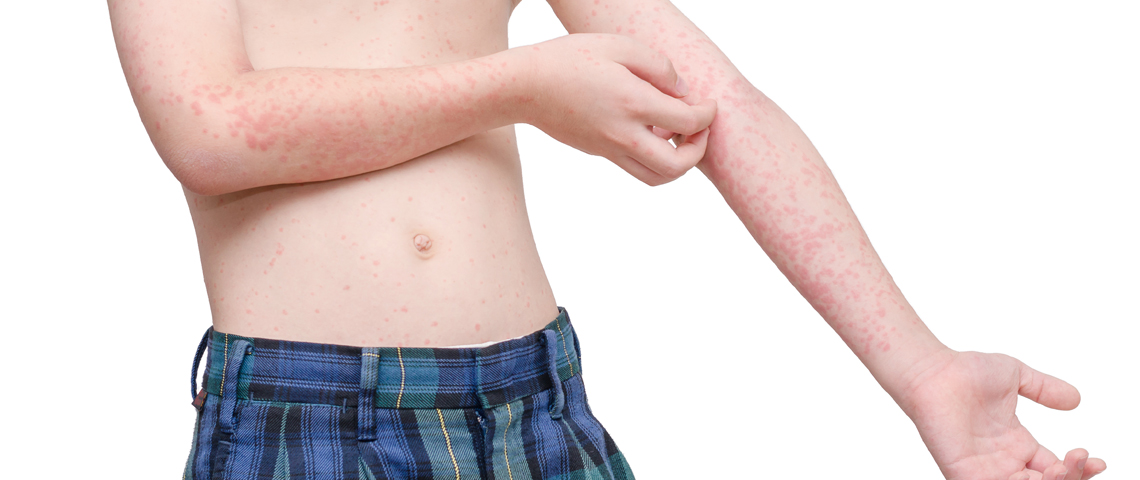Many people suffer from a wide range of allergies, including fragrance allergy, and the number of people with fragrance allergies is increasing. This is according to a study conducted by the Danish Allergy Research Center, which concludes that the content of fragrances that can cause lifelong allergies is still too high in perfumed consumer products.
Read more about the survey here.
Precisely because of this problem, there are now many products such as detergents that do not contain added perfume. But what do you do when you're allergic to perfume and have smelly things like sports shoes, shin guards and sofa cushions that can't be put in the washing machine?
Protox Odorless breaks down odors
The problem of perfume allergy has always been a focus area for Protox. With the product ProtoxOdorFree, a biological process has been incorporated into the development of the product so that it completely eliminates perfume and instead breaks down the odorants in a natural way.
"With ProtoxOdorFree, we use nature's own invention, which is bacteria that create enzymes that break down, live and eat the odorants. Simply put, the enzymes gobble up the odorants and use their enzyme systems to break them down so that the odor and the substances disappear. Therefore, we don't need to add any kind of fragrances that can cause allergies," says John Lundsgaard, Technical Manager, Chemist and Biologist at Protox.
Protect the environment with Protox Odorless
Because there is no perfume in Protox Odorless, the product leaves no chemical residue, which is the case with other detergents. According to John Lundsgaard, many detergents not only leave chemical residues in the form of fragrances, which are bad for people's indoor climate. Some detergents also contain quaternary ammonium compounds and hypochlorite, which are harmful to the environment.
"Many odor masking agents such as perfume are proven to be allergenic and we see no reason to spread them in people's homes. And when it comes to chemical residues, some cleaning products contain quaternary ammonium compounds, which are harmful to the environment and kill all aquatic organisms such as fish, seaweed, algae, etc. So you're leaving something behind that has a profoundly harmful effect on the environment. The same is the case with the substance hypochlorite, which leaves a lot of by-products. And it just so happens that hypochlorite is on the Environmental Protection Agency's list of undesirable substances because they want it off the market," John explains.
Do you also suffer from fragrance allergies and want to use products that have no harmful effects on your indoor climate or the environment?
